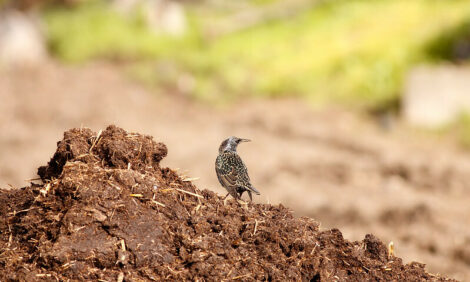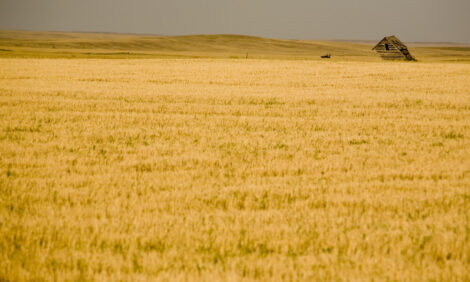



Will South African Brining Regulations Hurt the Poultry Industry?
SOUTH AFRICA - South African poultry producers have recently lost an appeal against Government’s plan to cap the brining of chicken portions at 15 per cent starting from 22 October this year. Kevin Lovell, CEO of the South African Poultry Association (SAPA), said the ruling will deal a devastating blow to the South African poultry industry, which is already struggling to make ends meet, writes Glenneis Kriel.“Brining levels for individual portions and poultry products in South Africa varies between 25 and 30 per cent, with brining constituting about 19 per cent of the price per kilogram meat sold.
"The industry has therefore argued that a brining level of 20 to 25 per cent would have a less significant impact on producer earnings, than Governments proposed 15 percent,” Mr Lovell said.
He explained that producers were already struggling to make ends meet due to the drought that has caused feed prices to sky-rocket. This has also made it more difficult for South African producers to compete with subsidised imported products.
“Government has based its decision to cap the brining levels at 15 per cent on ‘false advice’. We foresee that it will exacerbate the difficult conditions that farmers are already facing, resulting in extensive job losses,” Mr Lovell said.
David Wolpert, CEO of the Association of Meat Importers and Exporters in South Africa, however welcomed the ruling, saying it would result in consumers getting more meat, instead of water, for their buck: “The brining of poultry has been banned completely in many countries and in those that haven’t phased it out, the accepted levels are much lower than what the South African Government is introducing.”
He added that it was mostly the big producing companies that were in favour of higher levels of brining, as the smaller companies realise that it would make it easier for them to compete against the big companies.
According to Mr Wolpert, the 15 per cent cap might not have as drastic economic impact on production as suggested by Mr Lovell. He suggested that producers could reduce the economic impact of the change by selling meat in smaller packs.
Mr Lovell however countered that the price of imported and locally produced poultry pieces were relatively the same per kilogram. “Consumers are not going to buy the smaller South African packs if they can get bigger imported products for the same price,” he said.
Mr Wolpert disagreed, claiming that imported meat was still significantly more expensive than locally produced meat and that there would still be a good price difference if the industry followed his advice.
The poultry industry also lost its appeal to have the date at which the regulations come into effect postponed. Government had notified the industry of its plans to cap brining levels by 22 October in April this year.
Achmat Brinkhuys, chairperson of SAPA, said that they have heard rumours that Government had given one of the bigger companies grace until February to comply with the new regulations: “We were hoping that the court would rule in favour of the postponement of the date to allow the industry to get rid of all the meat on the shelves that doesn’t comply with the new regulations.”
Mr Brinkhuys said that the industry will now study the ruling of the court and decide whether it should take the case any further. The industry will also aim to move closer to Government in future to gain a better understanding of the way Government is thinking, while making Government more aware of the unique opportunities and difficulties facing the South African poultry industry.








